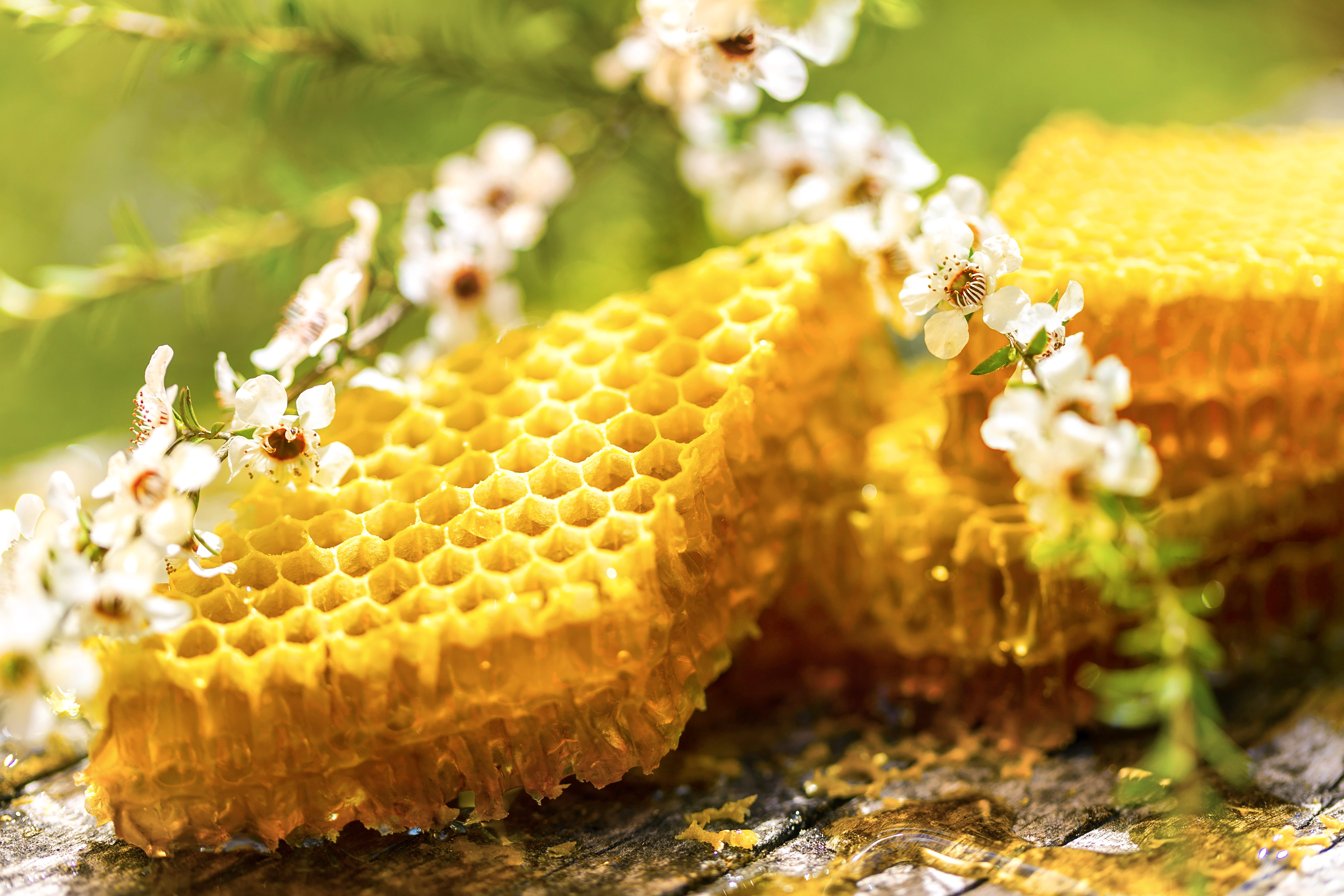Dr. Diana Marquez-Garban, associate professor of medicine at UCLA and the study’s lead author, expressed cautious optimism: “The findings provide hope for the development of a natural, less toxic alternative to traditional chemotherapy. Although more research is necessary to fully understand the benefits of natural compounds in cancer therapy, this study establishes a strong foundation for further exploration in this area.”
How Manuka Honey Might Help
There is an urgent need for alternative treatments to help prevent the development of endocrine resistance and improve long-term breast cancer survival. Endocrine resistance is a major factor contributing to breast cancer being the leading cause of cancer-related deaths among women worldwide. New research has shown that Manuka honey, long known for its antimicrobial and antioxidant properties, is also rich in compounds like flavonoids, phytochemicals, complex carbohydrates, vitamins, amino acids, and minerals.
These compounds have demonstrated anticancer potential at a molecular level by inhibiting pathways activated in cancer that induce tumor cell proliferation, growth, and metastasis. Researchers theorize that one of the mechanisms of action of Manuka honey is to block estrogen receptors, making it potentially effective as a nutraceutical against hormone-sensitive breast cancer.
The next steps for researchers include investigating the optimal dosage and administration methods for Manuka honey in cancer treatment, as well as exploring how it interacts with other therapies. Larger, more diverse studies are also needed to assess its effectiveness across different patient populations.
In summary, the research identifies the door to exploring Manuka honey as a natural, less toxic alternative treatment. However, much more research is needed to determine its true potential. Those interested in its applications should continue to follow the progress of this research at UCLA.
UCLA Health Release
Márquez-Garbán DC et. al. Manuka Honey Inhibits Human Breast Cancer Progression in Preclinical Models. Nutrients. 2024; 16(14):2369.
https://doi.org/10.3390/nu16142369


